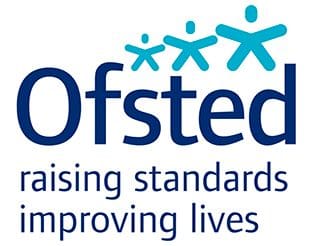
Most of us will question OFSTED’s judgment from time to time, not least because it is highly subjective. Maybe that is better than having a list of features to tick off on a checklist. Why do I think this? Well take these two sentences from a recent report.
Pupils do not revisit some important historical concepts such as ‘monarchy’ or ‘power’ in different contexts explicitly enough. This limits pupils’ ability to think about how, and how far, some things have changed over time.
Let’s see what it means in practice. Take the reference to ‘monarchy’ as an example. How are pupils expected to show an understanding of this in say, Ancient Egypt, Ancient Greece, The Roman Empire, the Maya or local history? So, I have already covered over half the KS2 curriculum. How am I to show that I have even introduced the concept, let alone revisited it? The same would be true of many of the concepts that pupils are supposed to be mastering continuously. What about parliament? Or peasant- not many of those in the Old Stone Age.
So whilst I would be the last person to suggest we don’t need to build pupils’ understanding of substantive concepts over time, I do not find it helpful to make assumptions about certain forms of understanding UNLESS the inspectors can show where OPPORTUNITIES have been missed in the planning or the delivery. Now that DOES make sense but it is never mentioned. Instead we find ludicrous examples such as the school that was denied the ‘outstanding’ judgement because pupils could not explain sufficiently well what is meant by the rule of law. Has the OFSTED world gone crazy, or is it the unfortunate by-product of giving inspectors very specific things to look for and then criticising schools for not providing evidence, even though the inspectors themselves can’t tell you where exactly it should be taught!!
